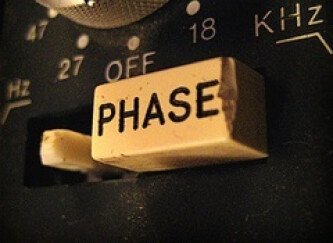
Phase — Practical Cases - Everything about Phase Problems - Part 2
LearningAfter a simplified — but not simplistic — approach to the theoretical aspects of phase in our last article, today we will see in which cases you may find yourself having to deal with phase problems.
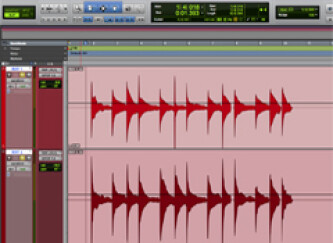
Doubling Made Easy - What is a fat guitar sound and how do I reproduce it?
LearningOne of the most powerful ways to make a track sound bigger and more impactful is by doubling it. The quintessential example of this is the doubled rhythm guitar part, which can really fatten the soun…
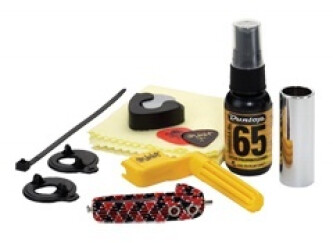
Gadgets for Guitar Players - 10 Cool Accessories for Every Guitarist
LearningGuitarists are well-known for their countless effects pedals, exotic strings and other not-always-indispensable thingamajigs. So, here's a list of 10 useful and/or eccentric toys that you can buy wit…
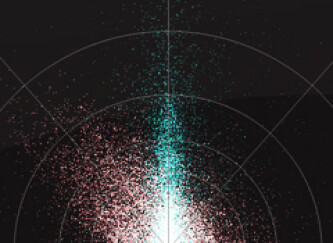
Understanding Phase - Everything about Phase Problems - Part 1
LearningIf you are into audio, you have surely heard about phase many times — whether in reference to mixing or recording live in the studio — and usually in a negative way.
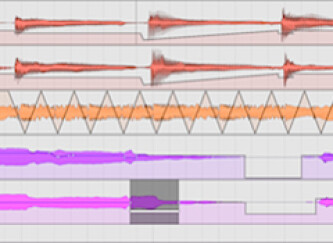
DAW Automation 101 - Master your DAWs Automation Features to Gain Control Over the Mix
LearningOne of the most powerful features in your DAW is its ability to automate the volume, pan, send and return levels, and effects parameters of the various tracks in your mix.
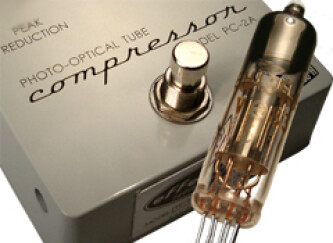
Impressive Compression - The Best Compression Pedals for Guitar and Bass
LearningFor those who have a tendency to hammer their electric or bass guitars with a heavy attack, or can't play consistent rhythm parts throughout an entire song, a compressor might be the solution. A comp…
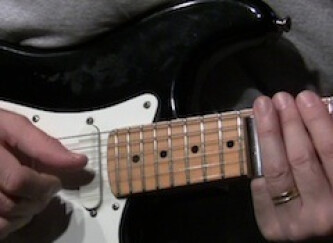
Slide Guitar Quick-Start Guide - Basic techniques for slide guitar playing
LearningHere are the essential techniques and basic information you need to get started playing slide guitar
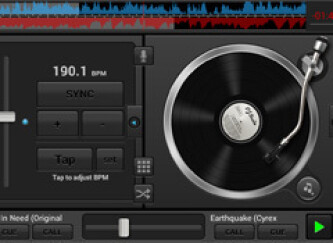
Polishing and Exporting the Final File - Recording Your DJ Sessions - Part 4
LearningIn the three previous parts, we showed you how to set up the DJ hardware, how to configure your computer to record an optimal signal and some good practices to keep in mind for your sessions. Now tha…
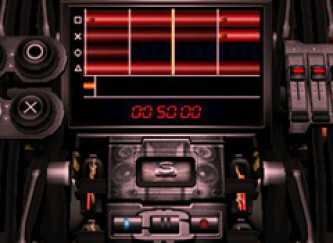
Best Practices for Recording Your DJ Mixes - Recording Your DJ Sessions - Part 3
LearningIn the first two parts of this article, we discussed how to prepare your mixer and configure your computer to record a mix. Now that the hardware is ready, we can now move on to some tips for you to …
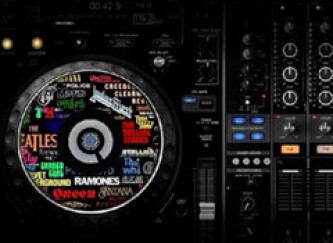
Setting Up Your Computer To Record Your DJ Mixes - Recording Your DJ Sessions - Part 2
LearningIn the first part of this article, we discussed how to prepare the decks, records and mixer to have an optimal audio signal...
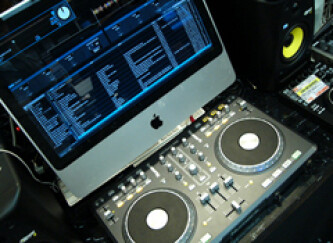
Setting Up Your Mixer To Record Your DJ Mixes - Recording Your DJ Sessions - Part 1
LearningRecording yourself whenever you mix is an excellent habit that will allow you to learn and grow your DJ skills. Listening to your mixes later with a clear head allows you to put things into perspecti…
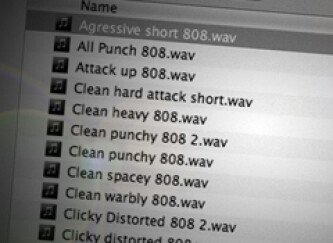
Organize Your DAW Files to Work Better and Faster - Spend More Time Making Music instead of Fighting your DAW
LearningAs a home-recording musician, you have to wear many hats. You’re the talent, the engineer, the producer, the mix engineer, and often even the mastering engineer (not to mention the studio manager and…
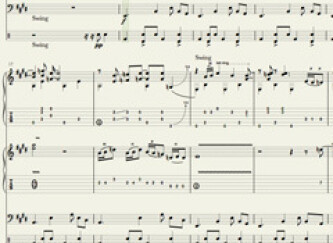
We Look at the Foremost Notation Programs - The Top Notation Software
LearningWhile it's true that staff paper sheets and notebooks haven't disappeared yet, we must also admit that computers have made the task of composers and songwriters simpler by giving them the possibility…
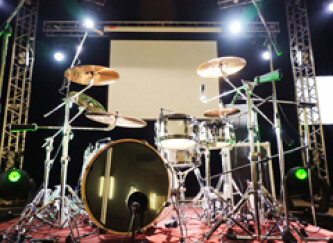
Producing A Big Rock Drum Sound - How To Get A Big Drum Sound- Part 1
LearningAfter guitar and bass, the time has come to focus on how to get a big drum sound. A subject matter so vast that we will need at least three articles to cover the basics.
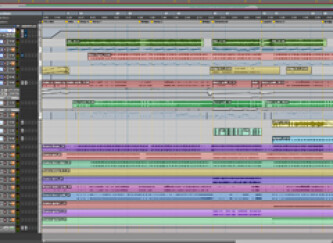
Organize Your Tracks for Faster Mixing - Prepare Your Tracks for Mixdown
LearningSome musicians and producers do a lot of their mixing while they’re tracking, whereas others set everything back to zero at the end of tracking, and start their mix from scratch.

